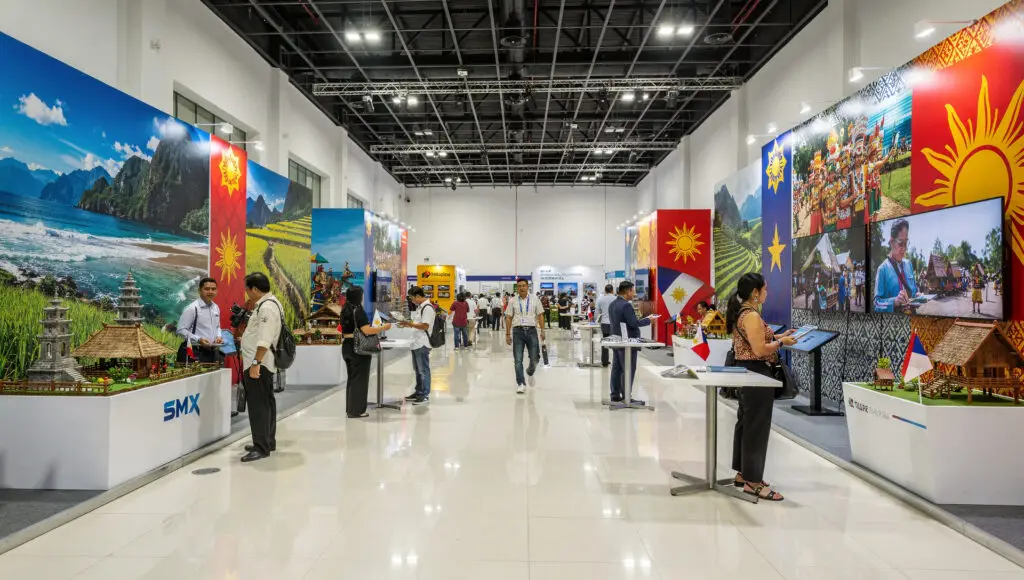RIYADH— In a groundbreaking fusion of technology and spirituality, the recently concluded Ayathon hackathon in Riyadh brought together programmers, designers, researchers, and Islamic scholars to develop next-generation digital tools for engaging with the Qur’an.
The event, organised by the Programmers Association, focused on harnessing modern technology to support memorisation, recitation, and deeper reflection on the Holy Qur’an.
Speaking on the initiative, Abdulaziz Al-Oraij, chairman of the Programmers Association, described Ayathon as a vital effort to “use modern technology to serve the Holy Qur’an and improve the digital experience for users worldwide.”
He emphasised that Ayathon’s unique strength lies in its multidisciplinary nature, as it unites technical experts with scholars of Islamic studies to create innovative and meaningful applications that respect and reflect Islamic values.
Empowering Qur’anic Communities with Interactive Tools
Al-Oraij explained that Ayathon’s core goal is to empower Qur’anic communities by giving them access to interactive tools designed to enhance the memorisation and recitation process. “It aims to empower Qur’anic communities with interactive tools,” he said, highlighting the programme’s commitment to accessibility and user engagement.
Mohammed Al-Wadee, chairman of the hackathon’s committee, further detailed the event’s purpose, stating that Ayathon is designed to “improve Qur’anic apps and develop technology that aligns with Islamic values.”
He underscored the importance of building apps that not only leverage modern technological capabilities but also honour the religious and cultural significance of the Qur’an.
Integrating AI and Augmented Reality into Qur’anic Learning
One of the standout aspects of Ayathon was its emphasis on cutting-edge technologies. Al-Wadee noted that the hackathon promotes integrating artificial intelligence (AI), augmented reality (AR), and advanced user experience (UX) design principles into projects that aim to serve diverse audiences.
Maha Al-Atwi, chair of the hackathon’s technical committee, explained how the event inspired participants to combine “technical creativity and intellectual depth,” leading to projects that bridge tradition and innovation.
She said that incorporating technologies such as AI and data analytics can create personalised digital solutions that adapt to different learning styles, enabling users to engage with the Qur’an in ways never before possible. “Using technologies like AI and data analytics helps create digital solutions meeting diverse user needs and offering a quality Qur’anic experience for the digital generation,” Al-Atwi stated.
Ensuring Quality with an International Judging Panel
To ensure that the projects developed during Ayathon meet high standards of innovation, relevance, and authenticity, the judging panel included international experts in both technology and Islamic studies.
According to Al-Atwi, this diverse panel evaluated each submission on its originality, quality, and capacity to provide meaningful engagement with the Qur’an. “The judging panel includes international experts in technology and Islamic studies, ensuring projects are evaluated on innovation, quality, and meaningful content,” she explained.
This rigors assessment process ensures that any tools or apps emerging from Ayathon are not only technically advanced but also culturally and religiously appropriate.
A Model for Future Collaboration in Faith-Based Technology
The success of Ayathon highlights how faith-based initiatives can effectively collaborate with the technology sector to serve communities in the digital age. By fostering an environment where technical experts and religious scholars can co-create, Ayathon sets a new standard for projects aimed at enriching spiritual experiences through technology.
As digital tools become increasingly central to education and community engagement, Ayathon’s model of integrating modern technologies with traditional teachings could inspire similar efforts across the Islamic world and beyond.
In a rapidly digitising world, the hackathon’s achievements show how innovation can be aligned with deep respect for cultural and religious traditions, paving the way for apps and tools that truly resonate with today’s digitally native generations.
With projects from Ayathon expected to launch in the coming months, Qur’anic learners worldwide may soon find themselves supported by a new wave of thoughtfully crafted digital resources designed to make the memorisation and recitation journey more engaging and interactive than ever before.













